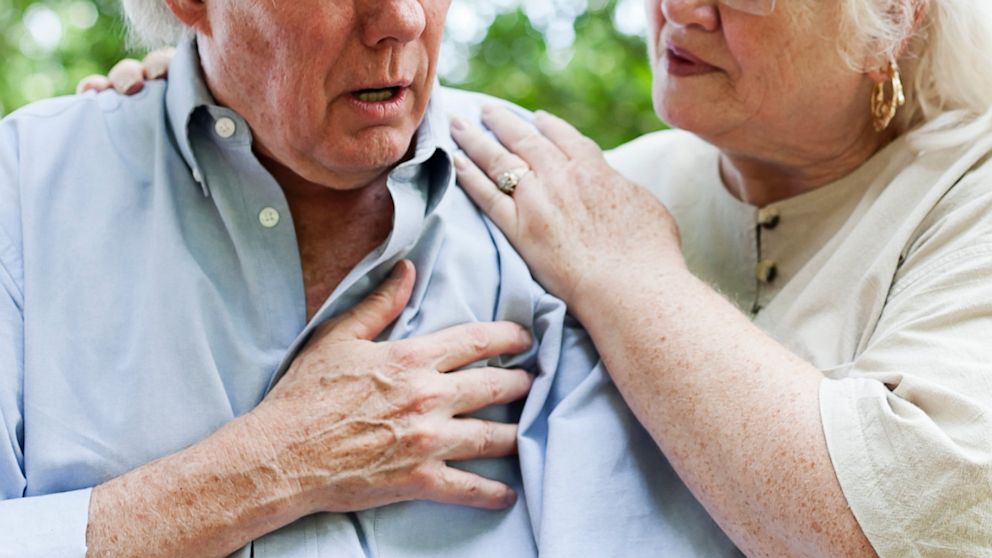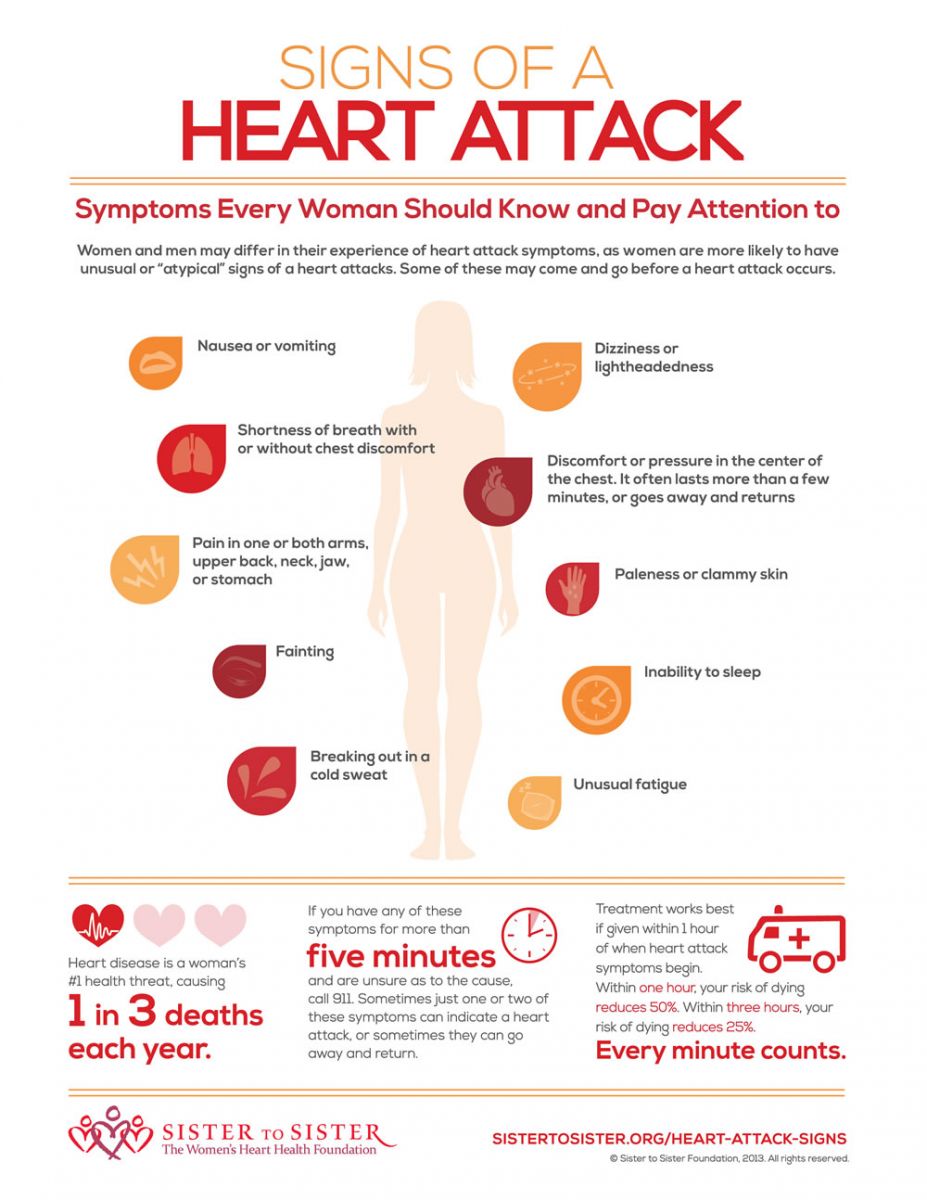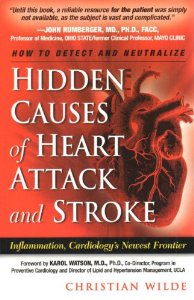 Heart Attack – Over 1.2 million people experience a heart attack in the United States each year and 34% of those people die. That means, according to the American Heart Association’s stats, heart attack is responsible for 1 in 6 deaths, claiming over 425,000 lives per year. In fact, heart attack claims more female lives than any cancer.
Heart Attack – Over 1.2 million people experience a heart attack in the United States each year and 34% of those people die. That means, according to the American Heart Association’s stats, heart attack is responsible for 1 in 6 deaths, claiming over 425,000 lives per year. In fact, heart attack claims more female lives than any cancer.
While most heart attacks are caused by Coronary Artery Disease with over 85% of heart attacks being linked to a specific atherosclerotic arterial plaque called – vulnerable plaque, some heart attacks occur due to other heart related problems such as heart arrhythmia, heart valve problems, congenital heart disease, congestive heart failure, drug interactions and illicit drug use. But …
By far, the most common cause of heart attack is a blood clot due to either the rupture of atherosclerotic vulnerable plaque or a traveling blood clot that blocks a narrowed, atherosclerotic plaque choked artery.
Statistics: Cardiovascular Disease Statistics … … … Heart Attack and Angina Statistics
Heart Attack Symptoms
 The most notorious symptom of a heart attack is chest pain but not necessarily the “movie version” of chest pain where the guy grabs his chest and falls face first into his soup. You may feel the pain in only one part of your body, or it may move from your chest to your arms, shoulder, neck, teeth, jaw, belly area, or back.
The most notorious symptom of a heart attack is chest pain but not necessarily the “movie version” of chest pain where the guy grabs his chest and falls face first into his soup. You may feel the pain in only one part of your body, or it may move from your chest to your arms, shoulder, neck, teeth, jaw, belly area, or back.
The pain can be severe or mild. It can feel like:
- A tight band around the chest
- Bad indigestion
- Something heavy sitting on your chest
- Squeezing or heavy pressure
The pain usually lasts longer than 20 minutes. Rest and a medicine called nitroglycerin do not completely relieve the pain of a heart attack. Symptoms may also go away and come back.
Other symptoms of a heart attack include:
- Anxiety
- Cough
- Fainting
- Light-headedness, dizziness
- Nausea or vomiting
- Palpitations (feeling like your heart is beating too fast)
- Shortness of breath
- Sweating, which may be extreme
Important Note: Some people (the elderly, people with diabetes, and women) may have little or no chest pain. Or, they may experience unusual symptoms (shortness of breath, fatigue, weakness, altered mental status). A “silent heart attack” is a heart attack that presents with slight or no symptoms.
What Happens During a Heart Attack?
Watch as John’s heart attack unfolds. This is a really good video.
[youtube H_VsHmoRQKk]
Hidden Causes of Heart Attack and Stroke
 Ever wanted a really good book that explains hidden causes of heart attack and stroke so that you could possibly prevent them from happening? Well now you have that exact opportunity for less than $8 (Amazon Kindle edition).
Ever wanted a really good book that explains hidden causes of heart attack and stroke so that you could possibly prevent them from happening? Well now you have that exact opportunity for less than $8 (Amazon Kindle edition).
“A must read for anyone who wants to help themselves or a loved one avoid a heart attack or stroke.” — -Michael Miller, PhD. M.D. , FACC, Director of Preventive Cardiology, University Of Maryland
“After my more than 50 years in the medical profession, you have even opened my eyes.” — -Ronald Lawrence M.D. PhD.,Advisory member 4 Govt. Health Boards
“Much of what Christian Wilde suggests today is destined to become standard medical practice in the next decade.” — Gregory Guldner, MD, MS, FACEP, Director Residency, Loma Linda University Medical Center
“Until this book a resource for the patient was simply not available as the subject is vast and complicated.” — -John Rumberger, PhD. M.D., FACC/Professor of Medicine Mayo Clinic and Clinical Professor University of Ohio.
Don’t have a Kindle or simply want a hard copy? Here’s the paper back version.